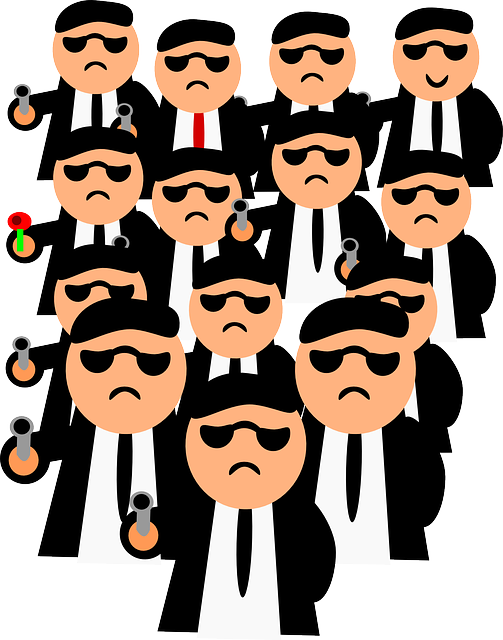twaddle [noun] [bor-rel-praat] ![]()
“Borrelpraat” is composed of “borrel” and “praat”. Traditionally,
“borrel” refers to a strong alcoholic drink, but it is also often used
to describe a drink with colleagues or friends to celebrate a certain
event (graduation, Christmas (the so-called “kerstborrel“),
or your birthday). “Praat” means “talk” or “story”. Hence, “borrelpraat”
refers to the conversations people have at a “borrel”. As you’ll all
understand, these conversations often lead nowhere but are very
enjoyable. The more alcohol is consumed, the more “borrelpraat” can be
heard.
Examples:
– “Luister maar niet naar die borrelpraat; als je nuchter bent is het niet te volgen.”
(“You’d better not listen to that twaddle; if you’re sober it’s impossible to follow.”)
– “Moeten jullie nog werken of kunnen we gaan borrelen om het weekend te vieren?”
(“Do you still have work to do or can we go and have a drink to celebrate the weekend?”)
– “Kom eens met ons borrelen.”
(“Join us for a informal drink.”)
– “Je gelooft die roddels toch niet; het is gewoon borrelpraat.”
(“You don’t believe that gossip, do you; it’s just twaddle.”)
Related words:
– Borrel: drink, informal reception [noun] [de borrel, de borrels].
– Borrelen: drink and talk [verb] [borrelde, geborreld].
– Praat: talk [noun] [no singular, de praat].


 Another word for “boef” is “schurk”. The word “boef” however can also take on the meaning of “lawbreaker”. In both translations it is a bit of an old-fashioned word but there is an expression you should know about (see below). Also, the diminutive “boefje” can be used for naughty, mischievous children.
Another word for “boef” is “schurk”. The word “boef” however can also take on the meaning of “lawbreaker”. In both translations it is a bit of an old-fashioned word but there is an expression you should know about (see below). Also, the diminutive “boefje” can be used for naughty, mischievous children.
